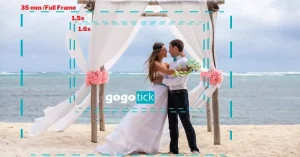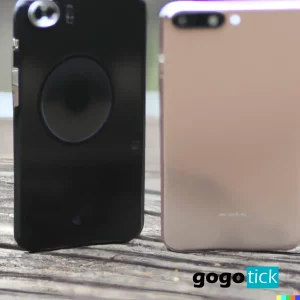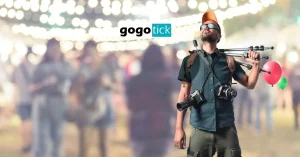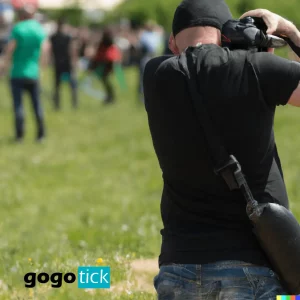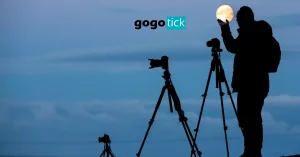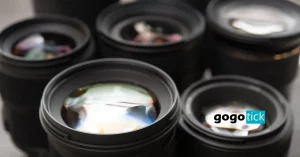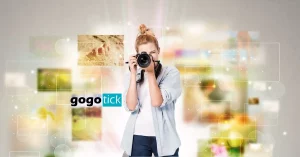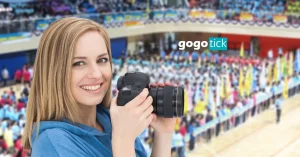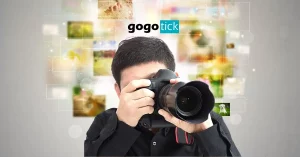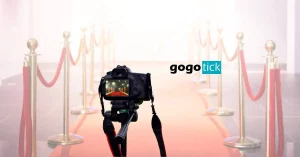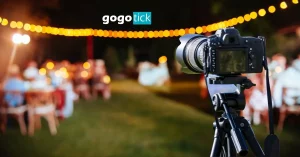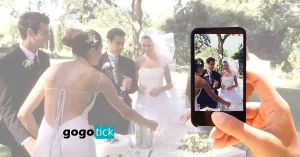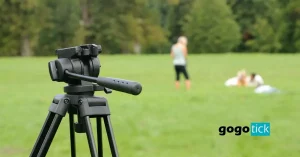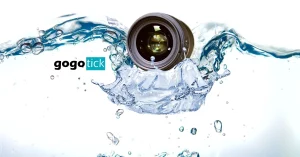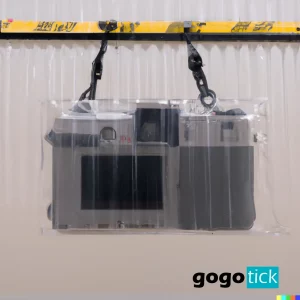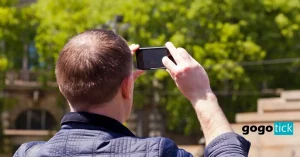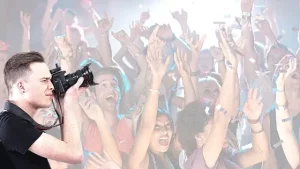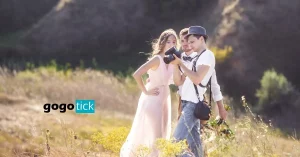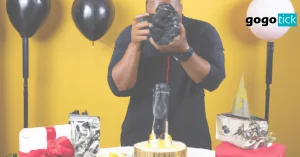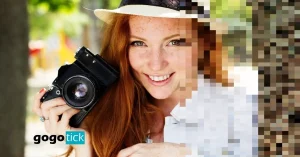Shooting weddings can be a stressful time for any photographer, especially ones new to the process. Often, new photographers will wonder if just a 50mm lens can make do, or if other sizes are necessary. While doing research into wedding photography and essential gear, I decided to look into this question myself.
Can you shoot a wedding with a 50mm lens? Technically, yes. However, due to the variety of scenes that need to be captured at a wedding, having a variety of lens sizes will prove useful. In addition, clients will feel more comfortable seeing you show up with more than just the minimum gear.
Just because a kit should probably be comprised of more than a 50mm lens doesn’t mean that they are not an essential piece of gear for shooting weddings. Tips on how to properly use a 50mm lens and other gear you may need for a wedding will help you decide what’s best for your wedding shots.
Check out this bundle of photographic equipment on sale at Amazon.
What Are 50mm Lenses Good At?
50mm lenses are perfect for a variety of shots and disciplines. They excel at versatility and capturing what the human eye normally sees. For beginners, a 50mm lens is a fantastic fixed focal point starting lens.
50mm lenses are great for high-contrast photos that can be captured across a variety of light levels. Often, a good 50mm lens can be the main workhorse of any setup. Some of the major benefits of a 50mm lens include:
- Small, light, and portable
- 50mm lenses are fast, allowing for movement capture and low-light photos
- Great for capturing bokeh, or out of focus details
- Sharp photos across all stops
- Great for portraits
With all of these benefits, you may wonder why just a 50mm lens is not suitable for a lot of wedding shoots. Unfortunately, due to some of these pros, the 50mm lens has limitations. Common areas where the 50mm lens falters include:
- Landscape shots
- Wide-angle photos, such as pictures of seating
- Requiring creative framing (both a positive and a negative)
There is no reason to not include a 50mm lens in your wedding photography kit. However, with the enormous variety of shots necessary to truly capture the essence of a wedding, you may end up limiting yourself needlessly if it is the only lens you bring.
Shooting Across All Light Levels
The 50mm lens’ capability to shoot incredible photos across a variety of light levels is arguably its most important aspect. Often at weddings or other events, photographers are not given the luxury of ensuring good lighting with every shot.
Lots of camera lenses, especially zoom lenses, struggle in low light levels. Zoom lenses are lenses that can switch focal lengths within a set range, such as 24-70mm. A 50mm lens, or any fixed focal length lens, is called a prime lens. While it may feel more limiting not being able to switch focal length easily, this can encourage creativity and produce sharper images, especially in low light levels.
A camera’s ability to shoot in low light is tied to a few key components, one of which is the aperture of the lens. Due to how quick most 50mm lenses are, in addition to how much light they easily let in, low light levels become fairly trivial. This results in images that are less noisy and have better focus.
Shooting across different light levels is one of the most important aspects of photographing a wedding. Weddings can take place across a variety of locations. Outdoor, indoor, mixed, in the morning or late at night – a 50mm lens should be able to capture photos in all of these settings, making it essential.
Essential Lenses For A Wedding
A 50mm lens is essential for shooting a wedding, and will commonly be a workhorse for any portraits you take. Still, to cover your bases and ensure that the wedding is being shot properly, other lenses are necessary.
Ultimately, the total size of your kit will depend heavily on how you most enjoy getting shots. At a minimum, three lens sizes are recommended. The categories each lens falls into are:
- A wide-angle workhorse, such as the 50mm
- A zoom lens, such as a 70-200mm
- A landscape lens, such as a 15-35mm
Other lens sizes can help significantly, as well. If the wedding has a focus on details or capturing the jewelry, a macro lens could be greatly beneficial. If the wedding venue is small or intimate, a smaller zoom lens will be much easier to use. Judge and replace the lenses for shooting a wedding based on location.
50mm Lens
A 50mm lens is an essential part of shooting almost any wedding. Great for portraits, candid shots, and any night scenes, this will commonly be a workhorse for shooting the wedding.
If you have multiple camera bodies to shoot the wedding on, leaving the 50mm on one body the entire time is a great option. Due to how quickly the lens can take great shots, this is the best general use lens anytime that you can move freely during the wedding.
70-200mm Lens (Zoom Lens)
This is another incredibly versatile lens for shooting weddings. The wide range of focal lengths allows for all kinds of shots, and the zoom lets you capture moments without getting close and possibly interrupting.
In general, your zoom lens should have a wide range to allow for the best photo and framing from where you can go. Often during the ceremony, you cannot get too close or block off the view from friends and family members. This is when the zoom is most beneficial.
If the wedding ceremony or reception will be happening in a smaller location, or if you are capturing moments such as the bride donning her wedding gown, consider switching to a smaller zoom lens such as a 25-75mm. This will allow you to bring a versatile look to the events while staying out of the way.
15-35mm Lens (Ultrawide Lens)
Although this will most likely be the least used lens out of the ones listed here, it is still essential for most weddings, especially for outdoor shots or scenery.
This lens will be most used for capturing ultra-wide shots of the wedding venue, location, beautiful architecture, or general scenes. This is great for establishing shots to help tell the story of the wedding.
Extra Lenses
Other sizes of lenses are always welcome, although it is important to not bog yourself down with too much gear. At a wedding, you will be moving often to grab the best shot. Your camera gear exists to help you capture the best moments, not distract you from them.
With that said, if you are looking to expand the list of lenses to bring to a wedding, there are two good ones to start with. These include:
- A macro lens, generally 100mm or 124mm
- An 85mm lens, for better portraits or softer lighting
The macro lens is perfect for capturing any details at the wedding ceremony. This includes shots of jewelry, the sewing of the wedding dress, baubles on the cake, etc. The possibilities for which details to capture are practically endless. While these are important and will help the lucky couple remember the day, be sure to not miss out on key moments while trying to capture details.
An 85mm lens is best used for portraits or photos that need to be taken at a slightly longer distance than the 50mm. Due to being a slower lens, this does not excel in low light conditions, limiting its use. Still, for any portraits in good lighting where the background should soften and highlight the person or couple, it is a hard lens to beat. The greater distance can be helpful if you do not have a smaller zoom lens, as well.
Take a look at these articles, to collect guest photos and to decide if it’s worth buying a photo printer for the wedding.
